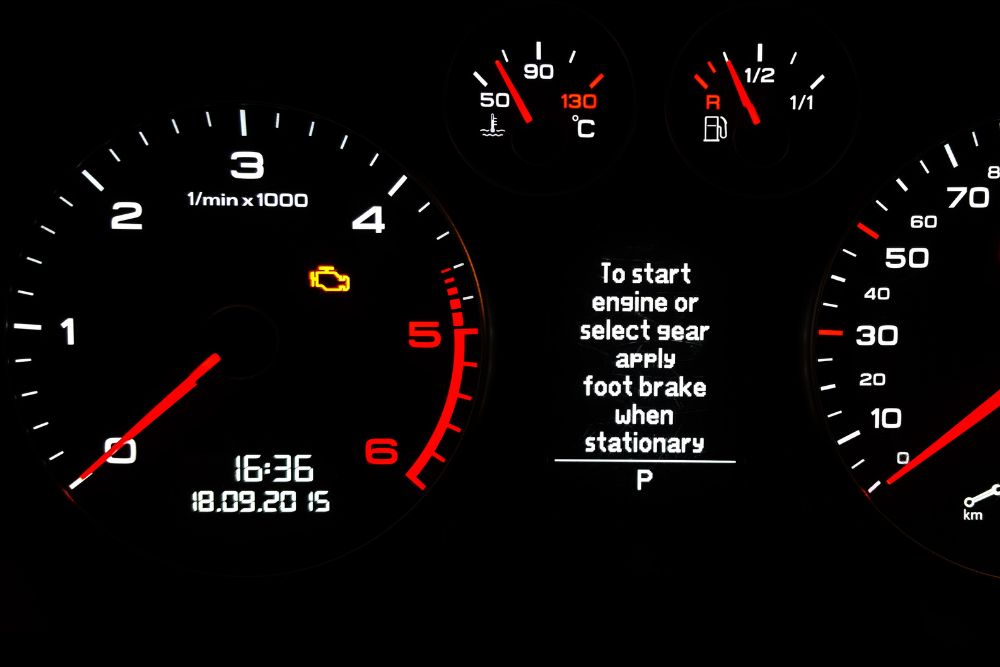Should you put synthetic oil in your car, truck, or UV, or is conventional oil just fine? We here at Stringer Auto Repair recommend that you use a synthetic or a synthetic blend under certain driving conditions. We also suggest that you check your vehicle’s manual to see what the manufacturer recommends. Let’s talk about this further and what you need to know to help you make your decision.
What Is Synthetic Motor Oil?
Synthetic motor oil is just like regular oil with one big difference: It’s manmade. This motor oil isn’t extracted from the ground; it’s produced in a laboratory. Additives are included in the production process to give synthetic oil an edge over its conventional counterpart. This doesn’t mean that you should dump conventional motor oil forever, however. It’s still a great product. As we said above, synthetic motor oil can be better under certain circumstances. Generally, whether you use synthetic or conventional oil doesn’t necessarily matter. It depends on your car and where you live.
When Is Synthetic Oil Better?
There are a few things to consider when determining when synthetic oil would be better for your automobile. First, if your owner’s manual says to use synthetic, then that is what you should use. If it doesn’t, synthetic motor oil is the better choice under the following conditions:
- Driving in extremely hot weather
- Driving in extremely cold weather
- Driving a high-mileage vehicle
- Driving in constant stop-and-go traffic
- Driving continuously under stressful conditions
What we mean by the latter bullet point is towing heavy loads, driving on steep inclines, driving your vehicle very hard, or anything else that would stress out the engine. There’s a bit of a pattern in the above bullet points: Use synthetic when faced with extreme driving conditions.
Let’s Dig Into This a Little Deeper
The reason why boils down to the additives in synthetic motor oil allows it to keep its viscosity better under stressful driving conditions. For example, it protects your engine parts better in frigid temperatures because it does not freeze itself. It maintains its chemical and shear stability longer than conventional oil does, no matter what Mother Nature, your drive, or the age of your vehicle throws at it. This is also good for high-mileage vehicles with older parts and why it lasts longer between oil changes.
If you’re still unsure which oil is better for your automobile, let us here at Stringer Auto Repair help. Call our Johnstown, OH, shop today.



